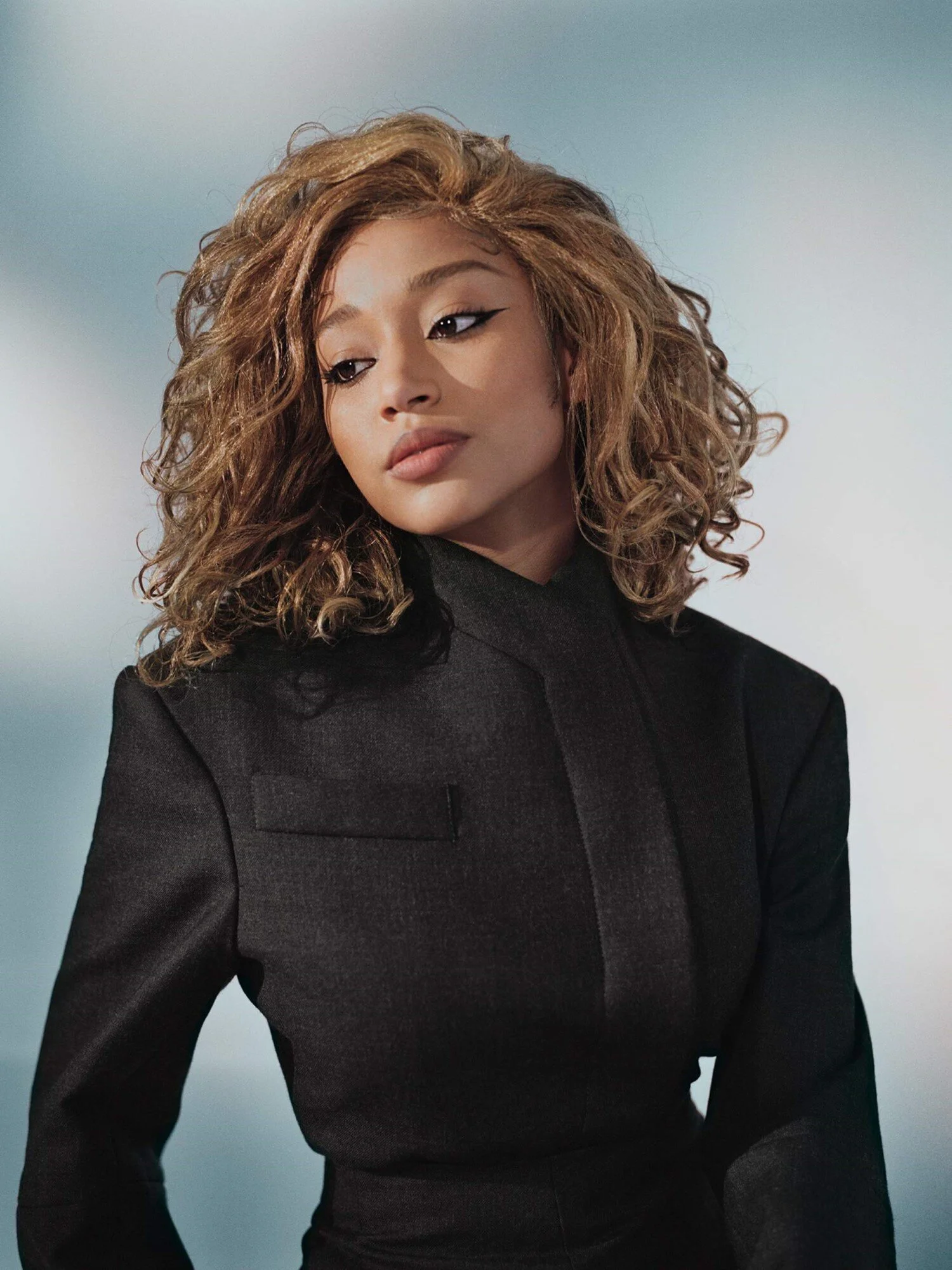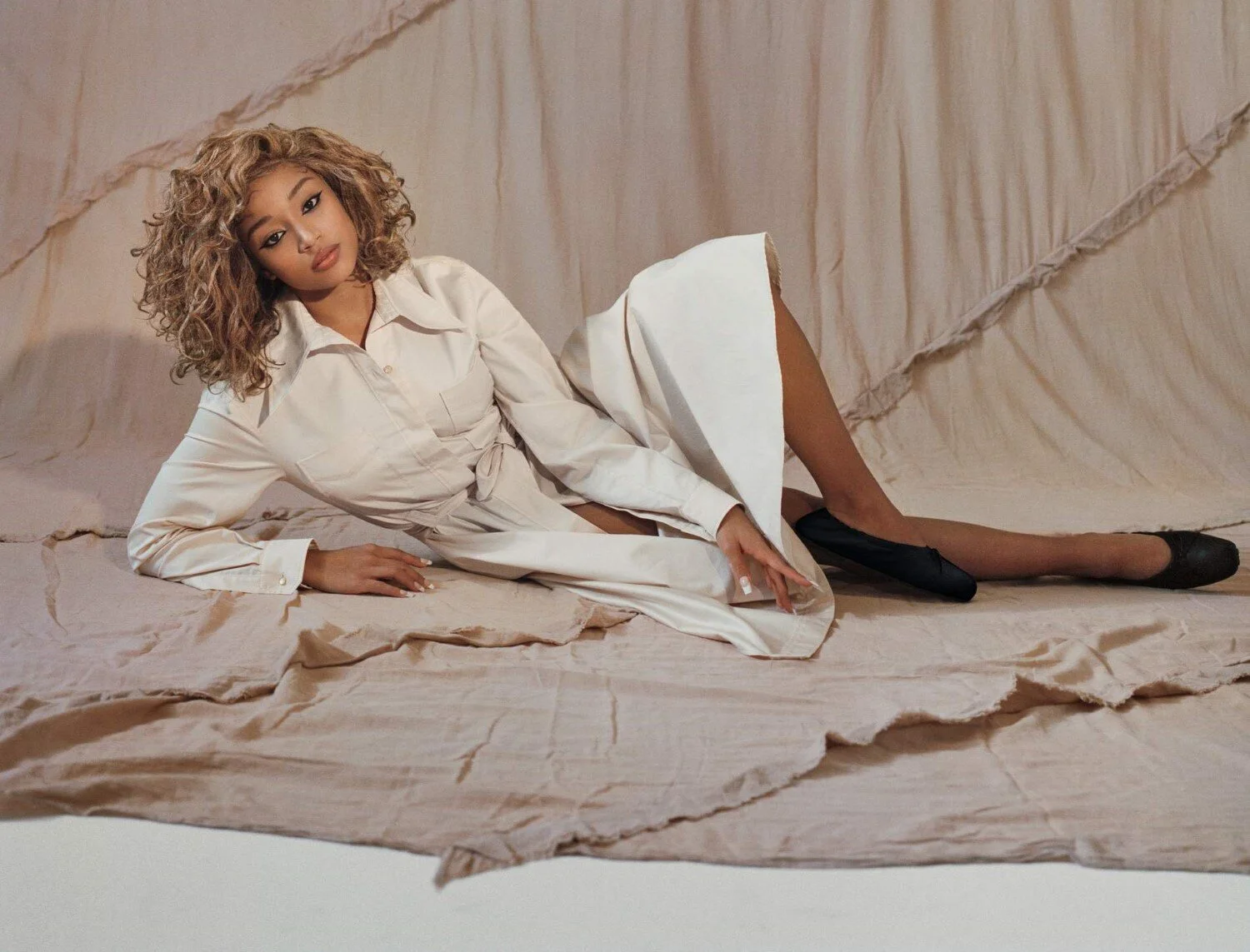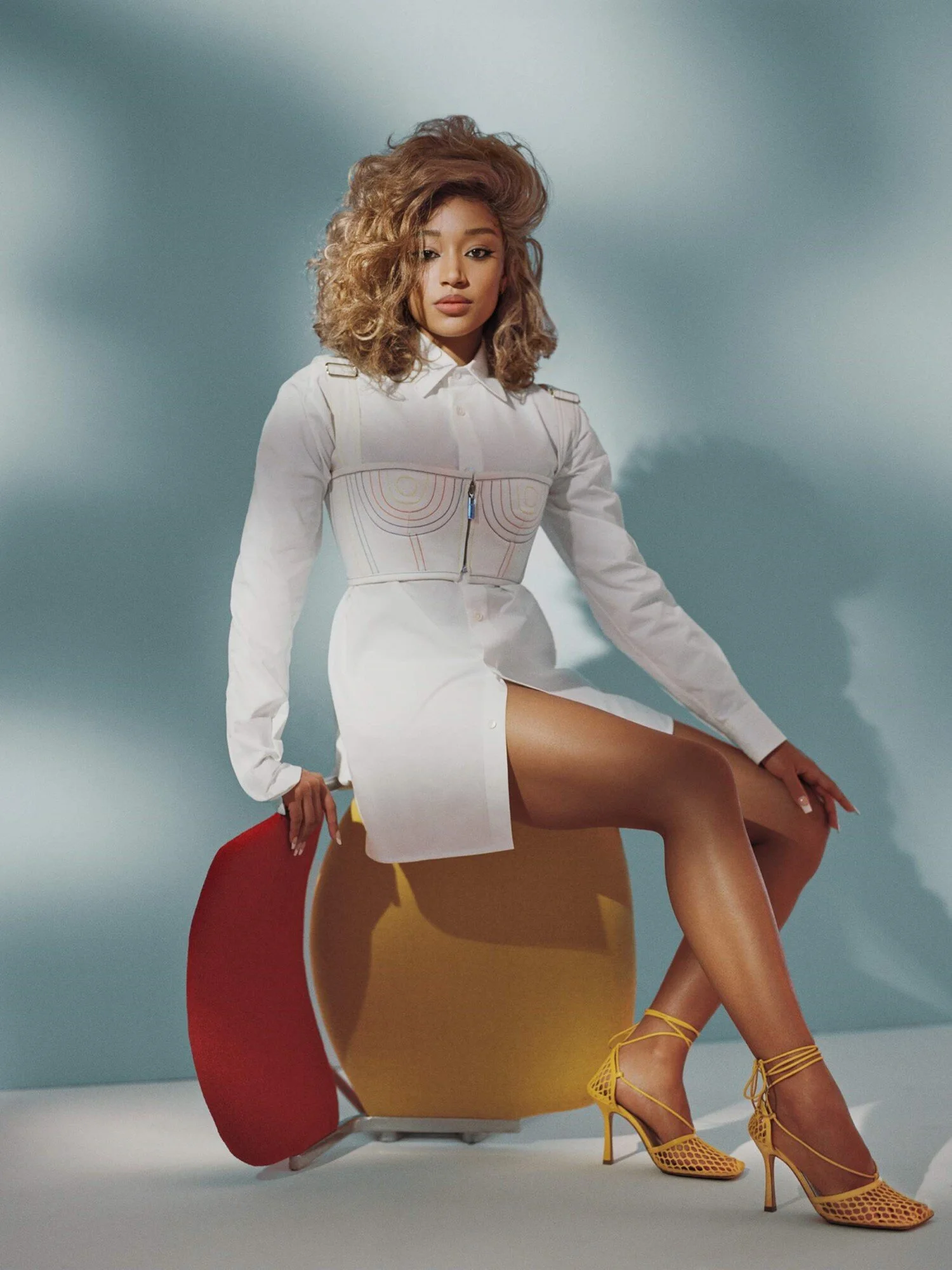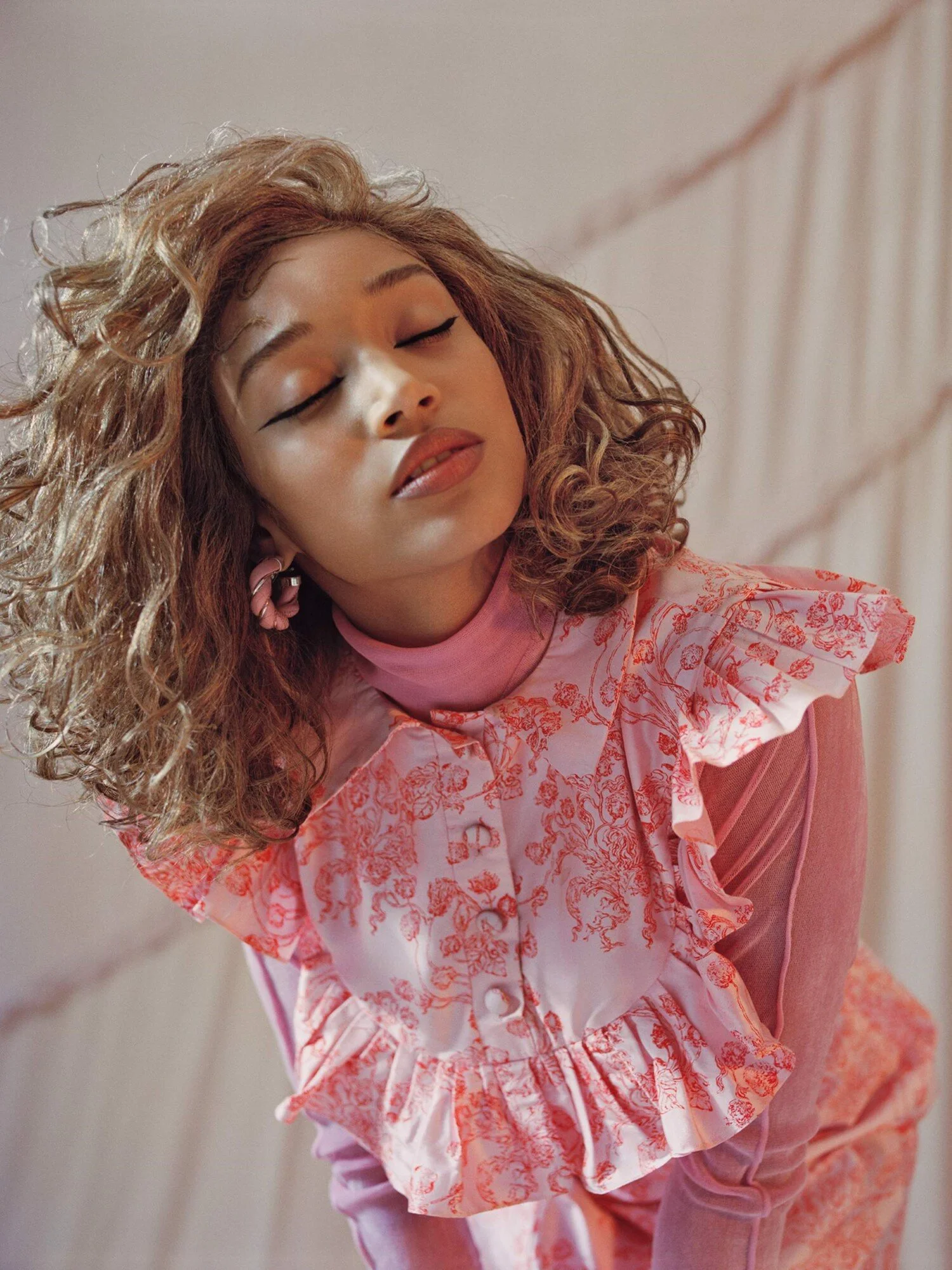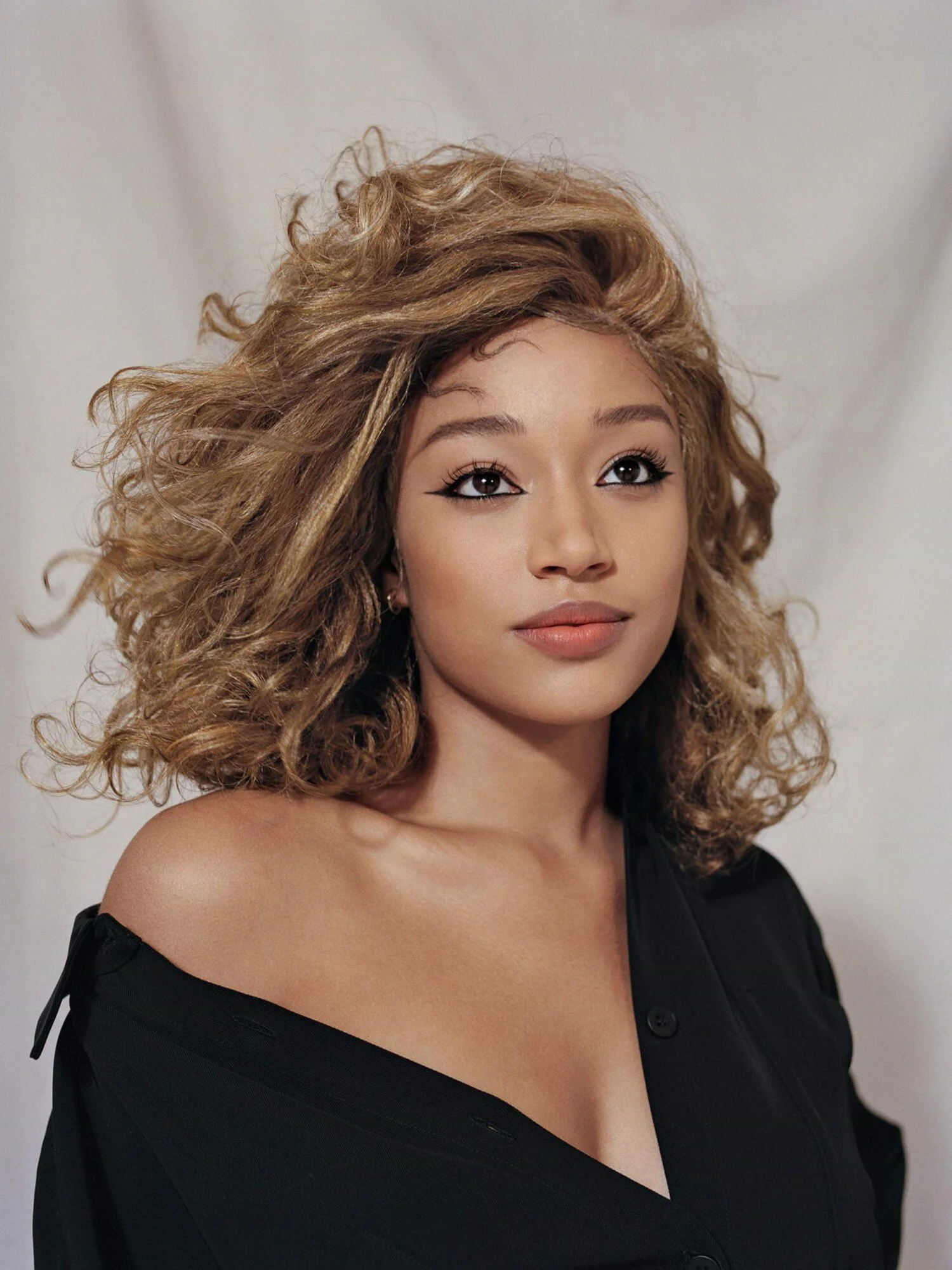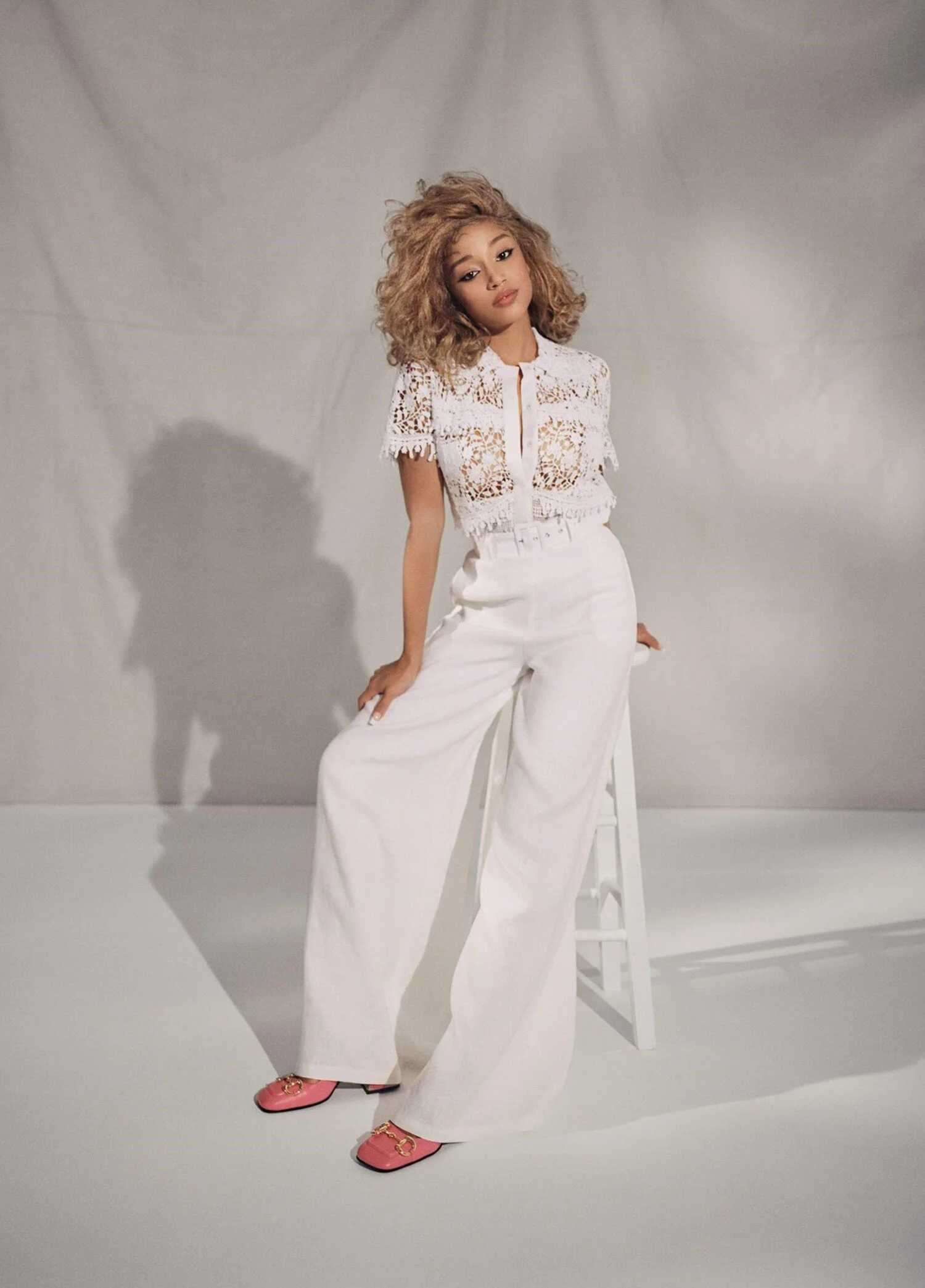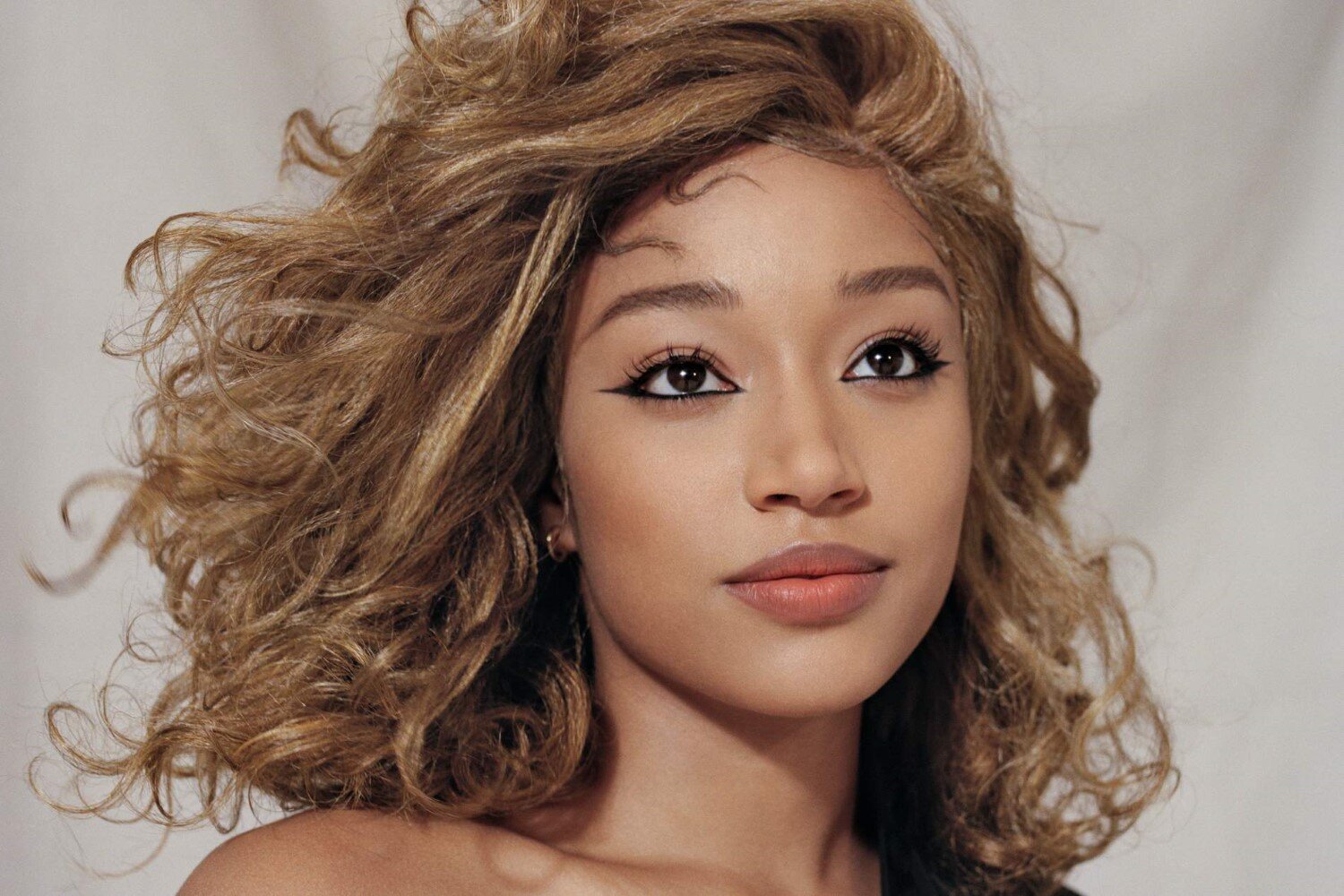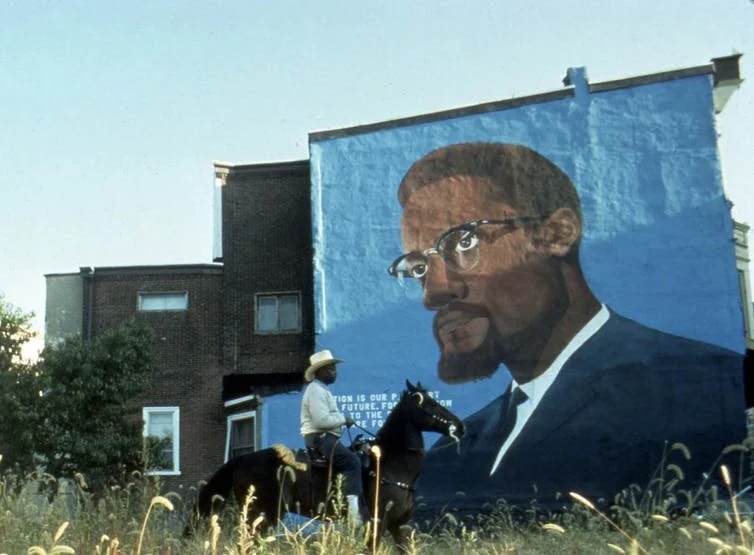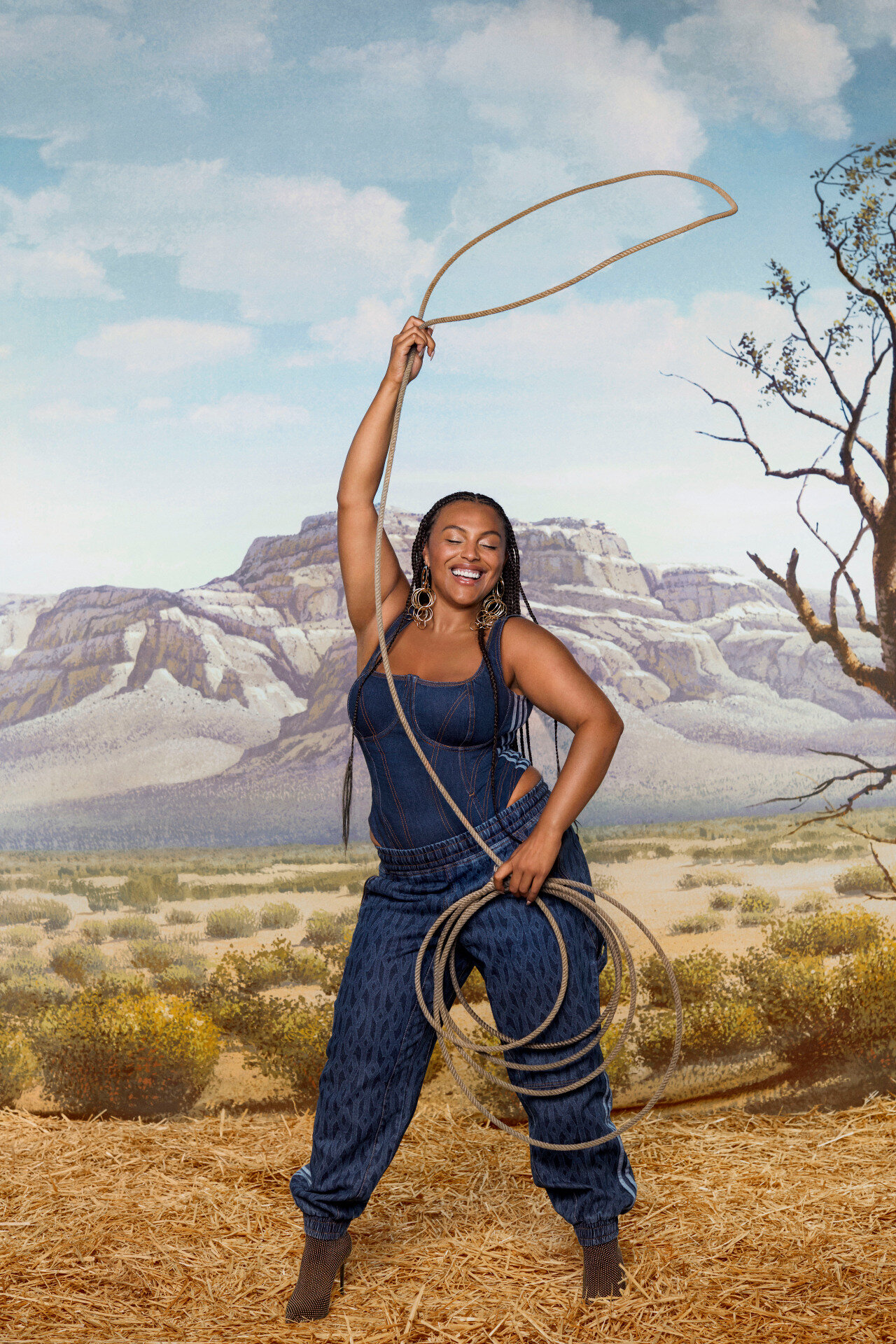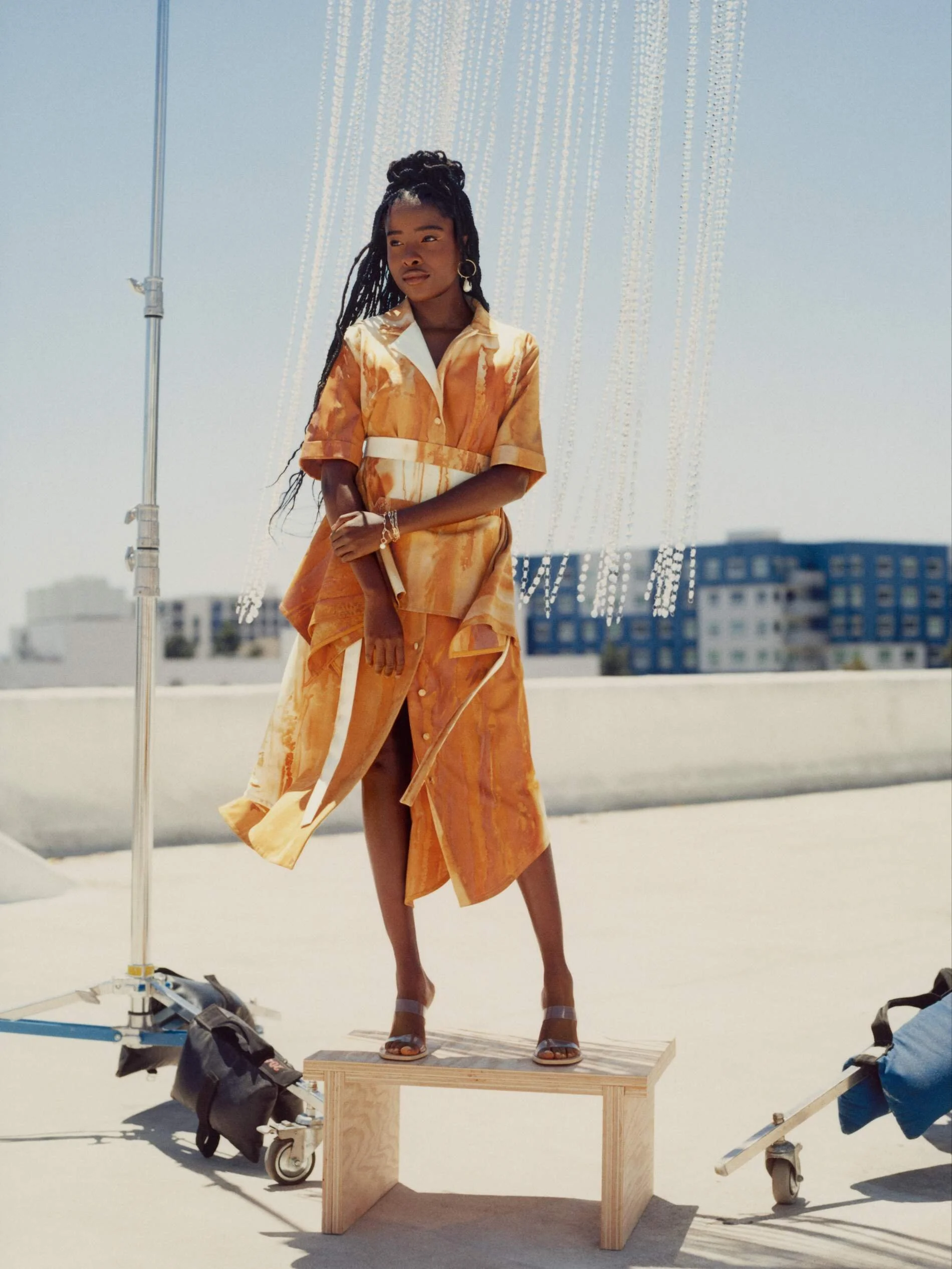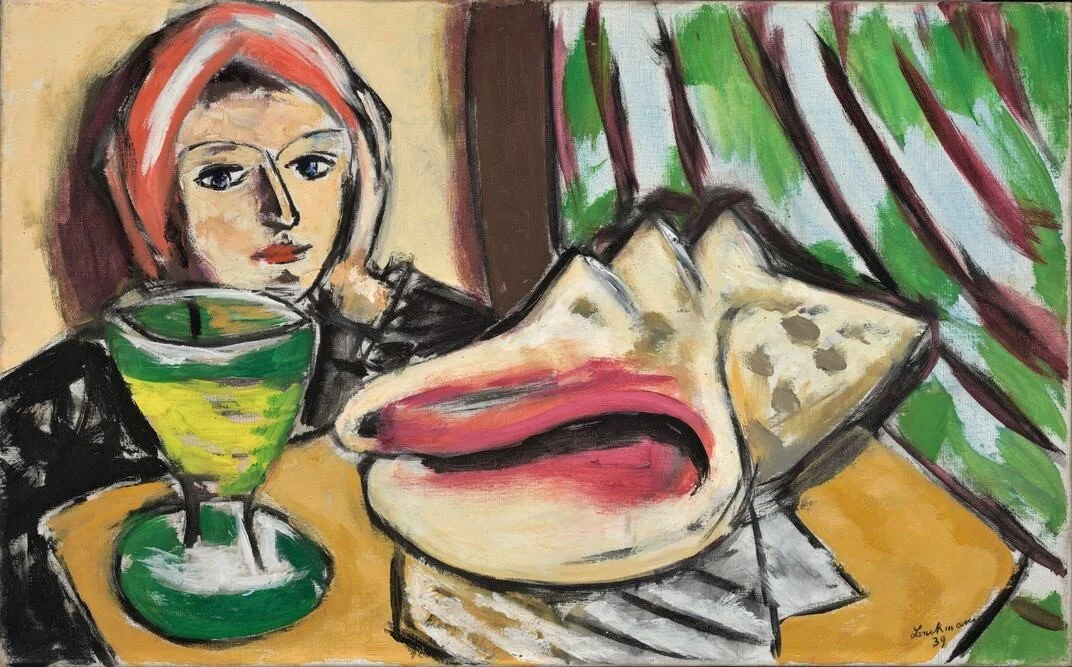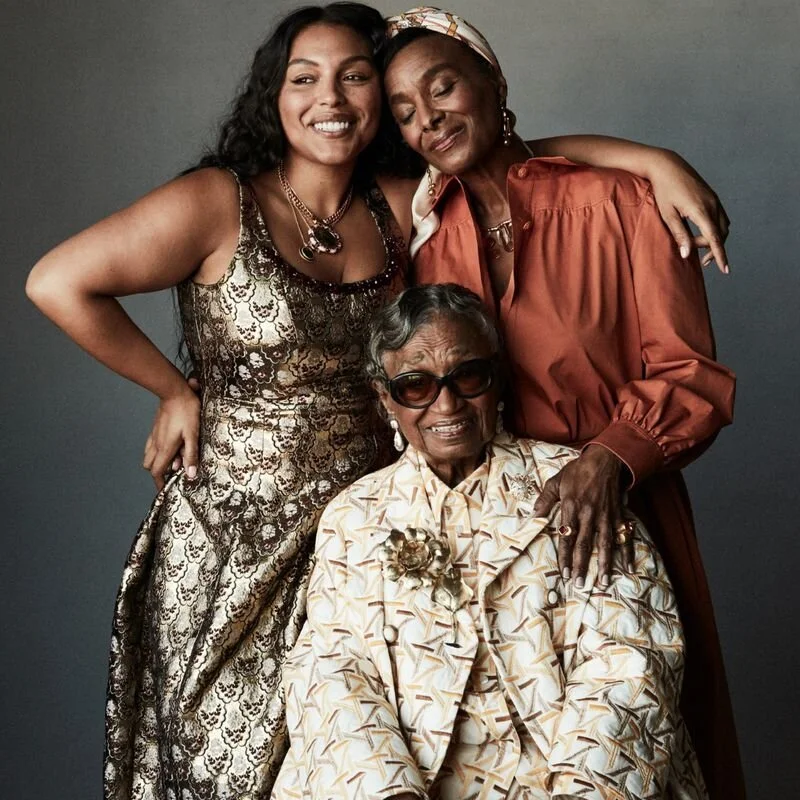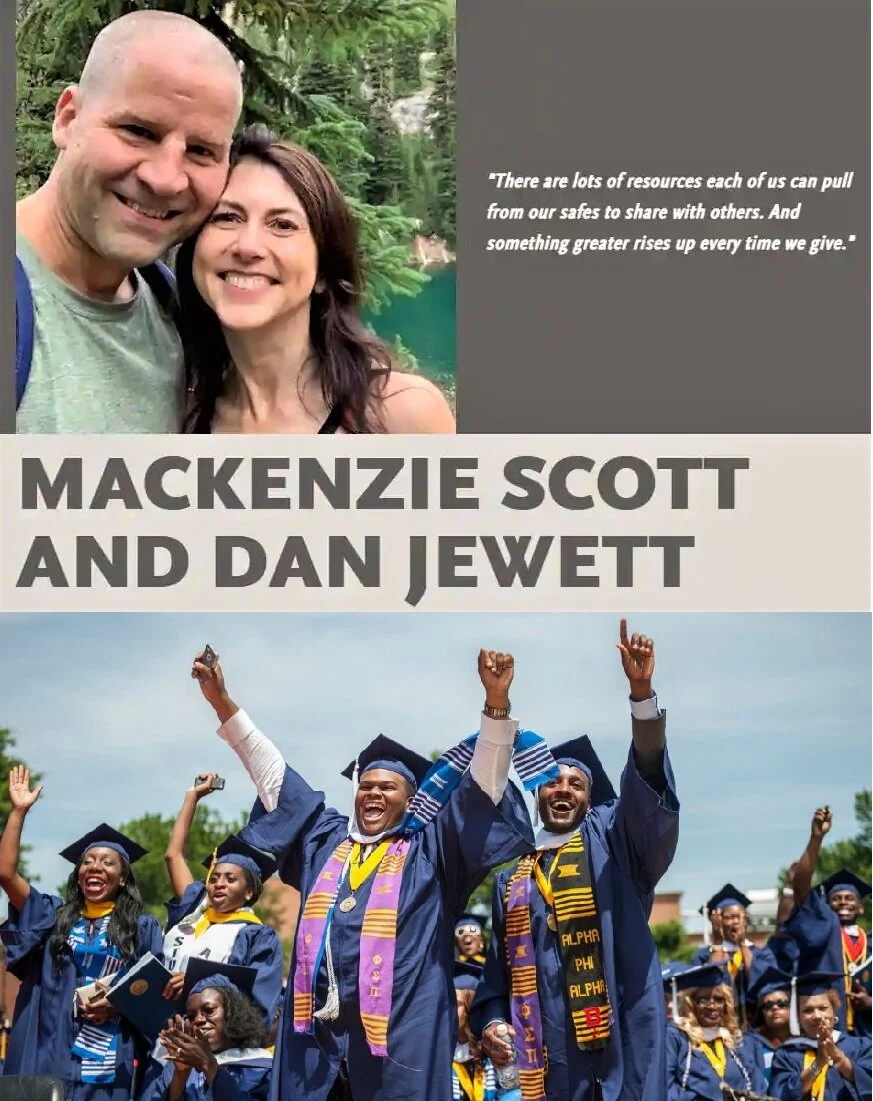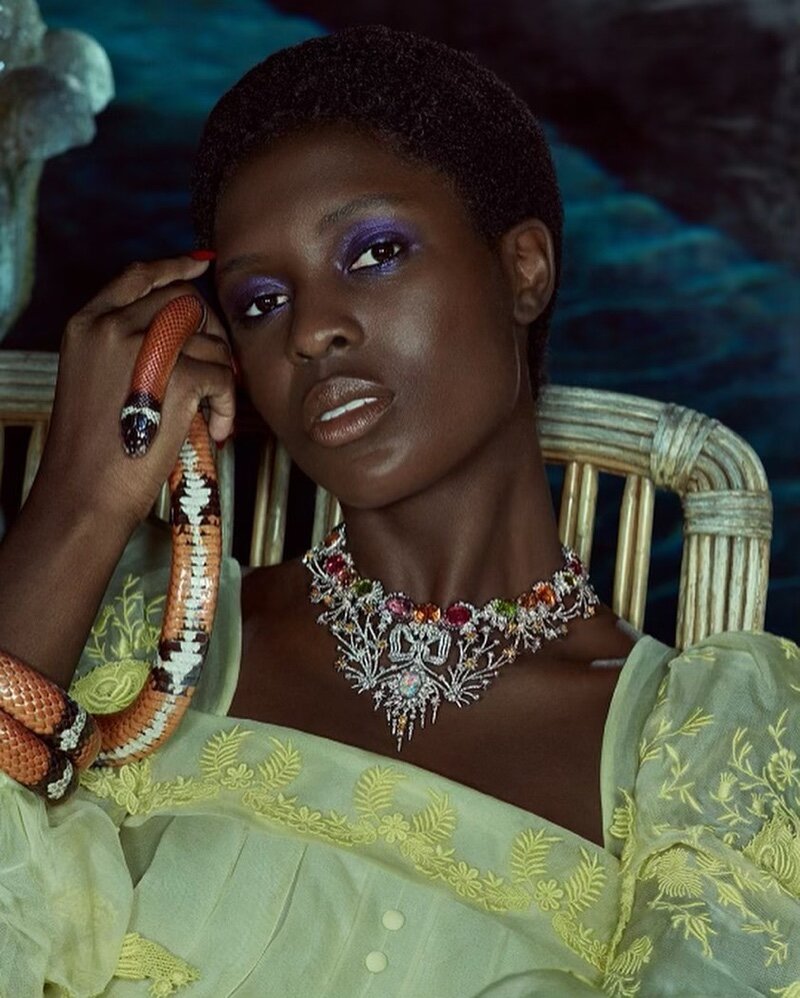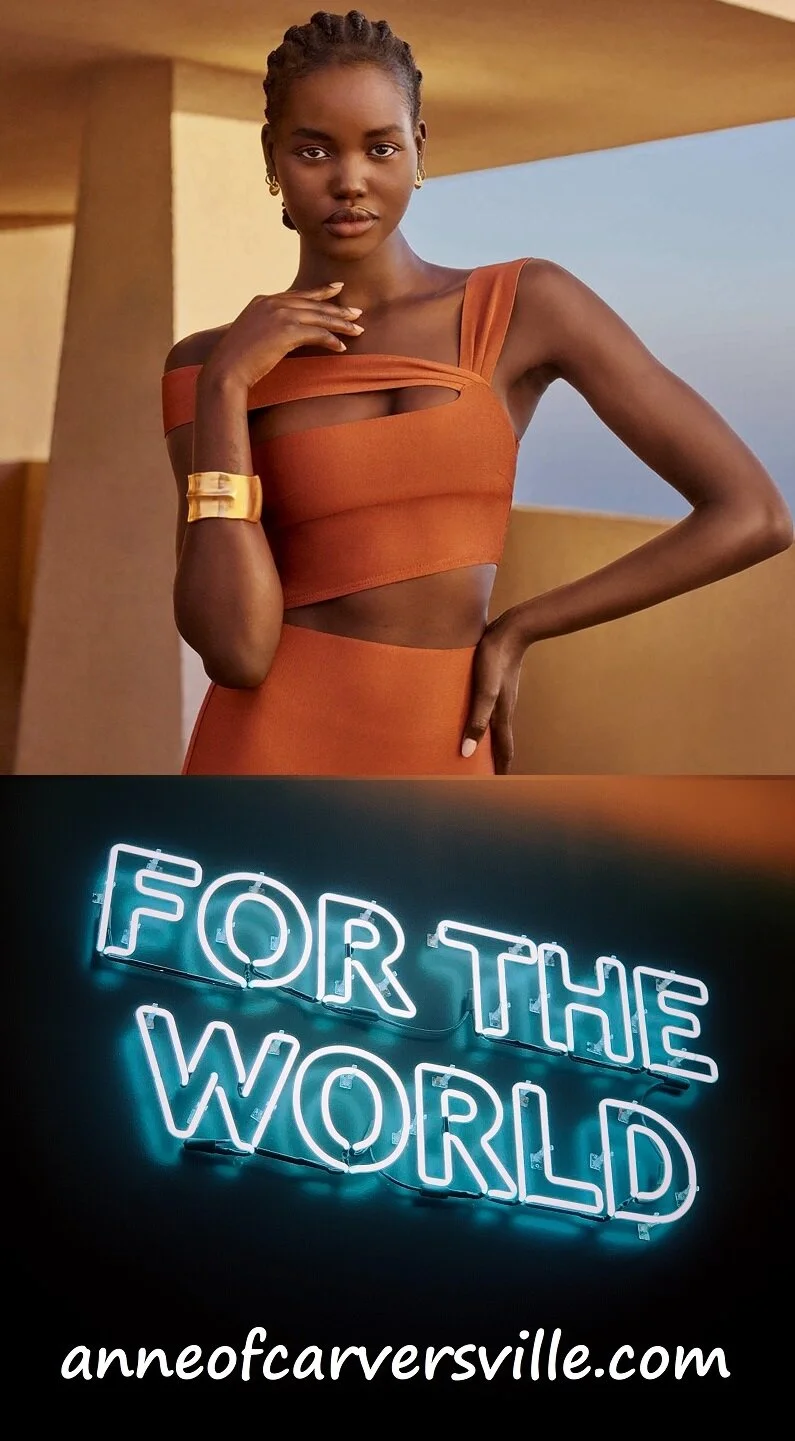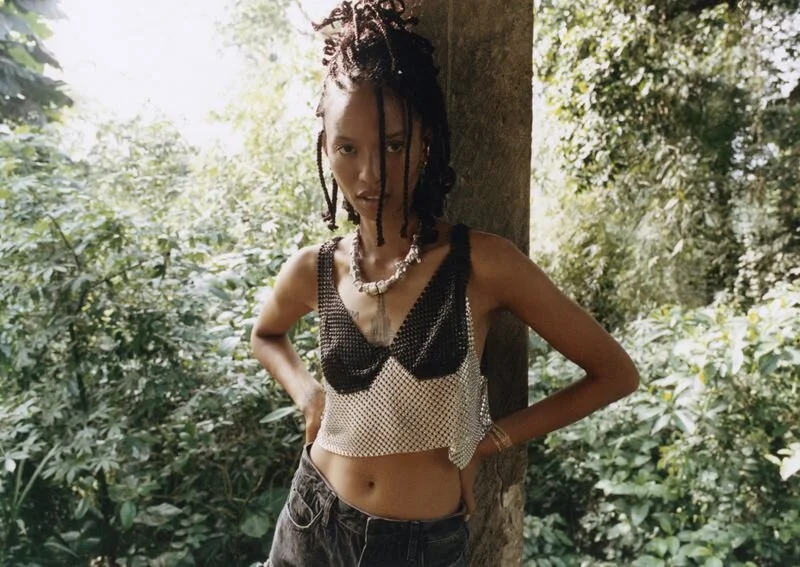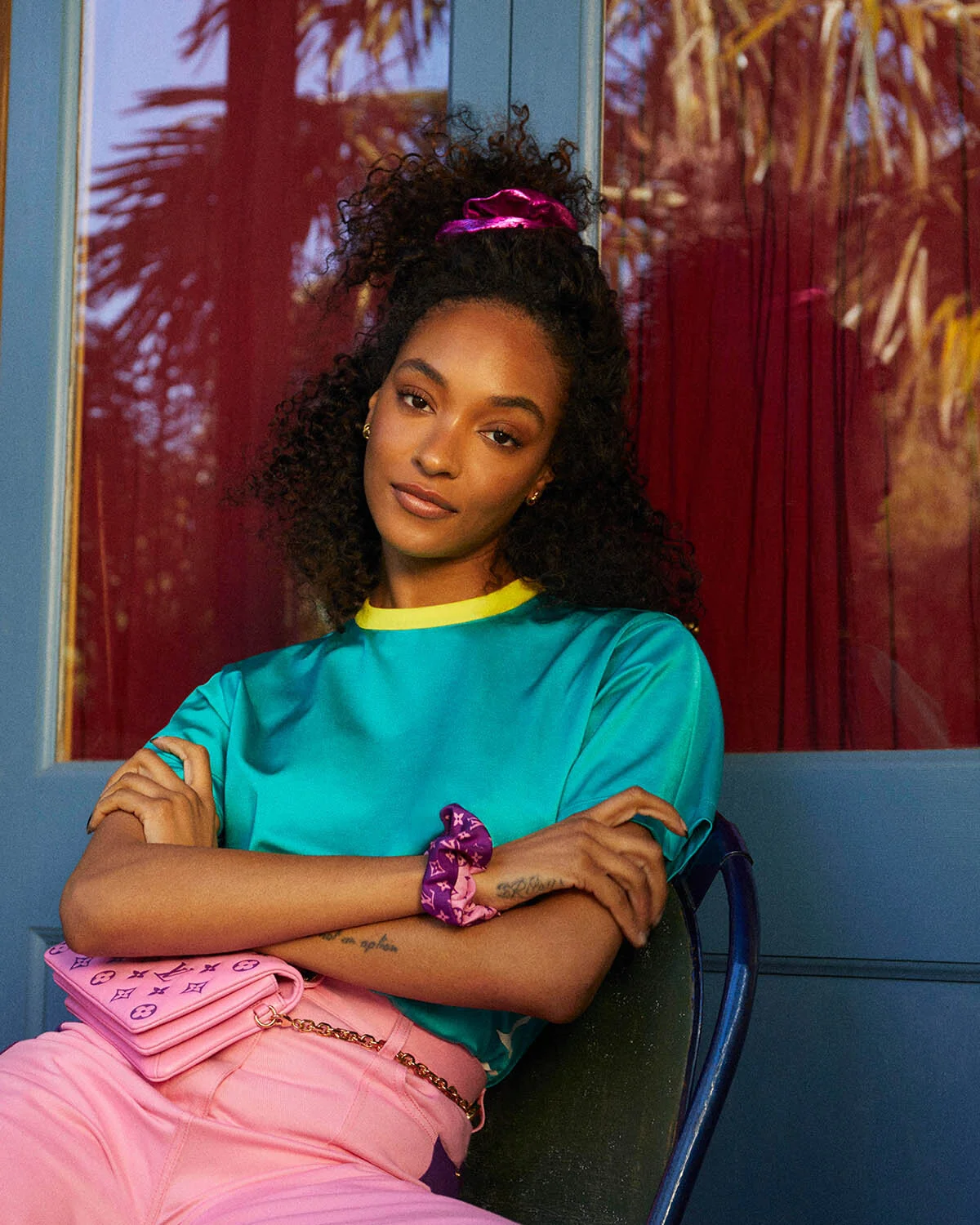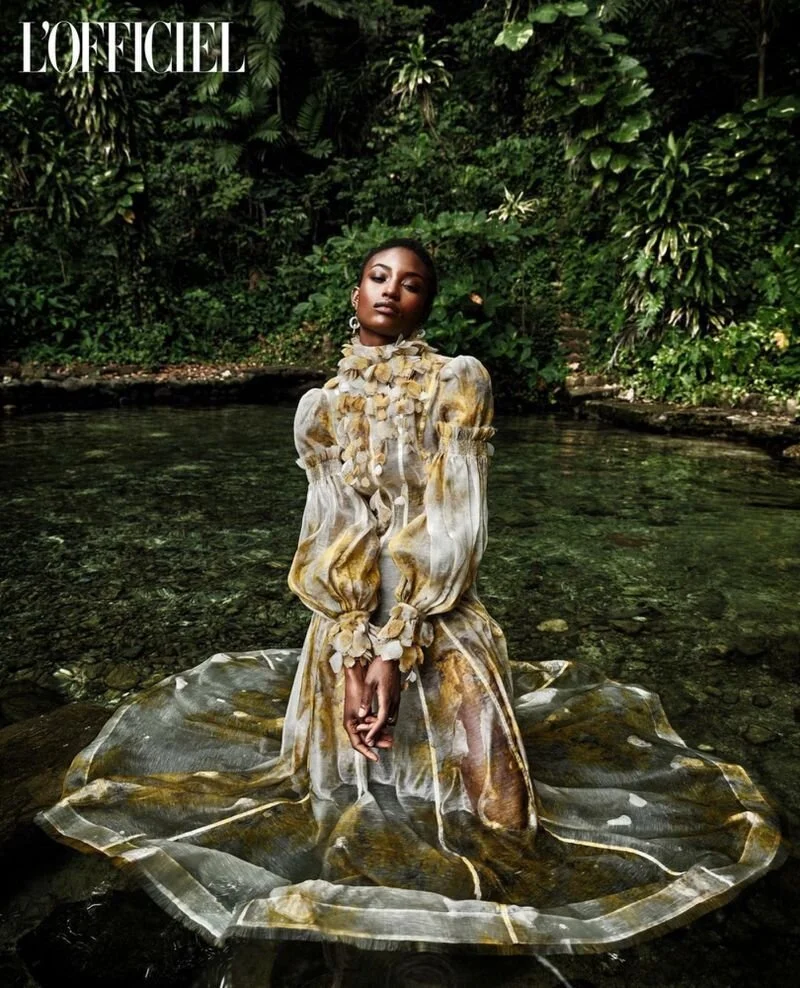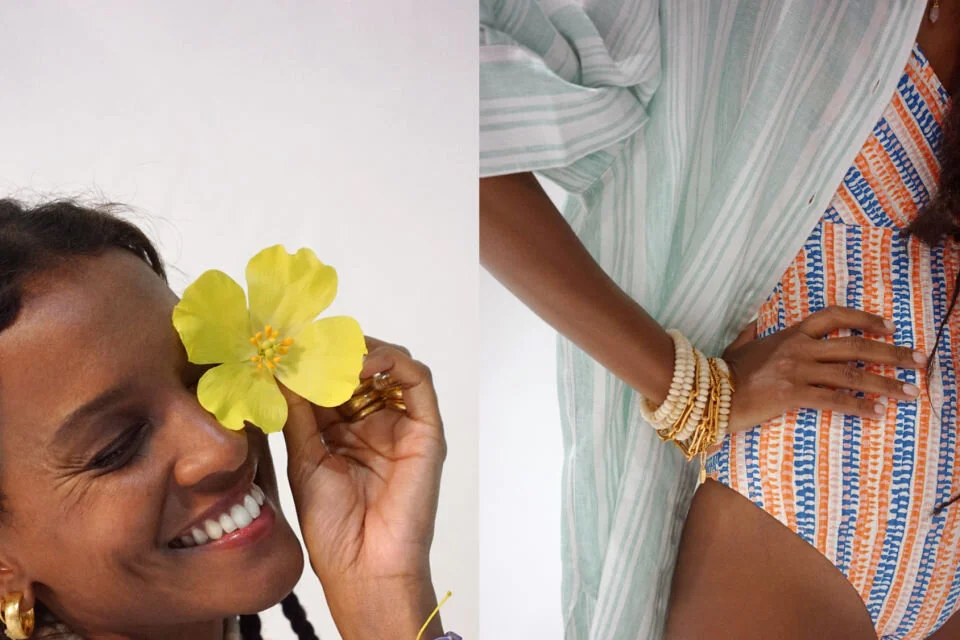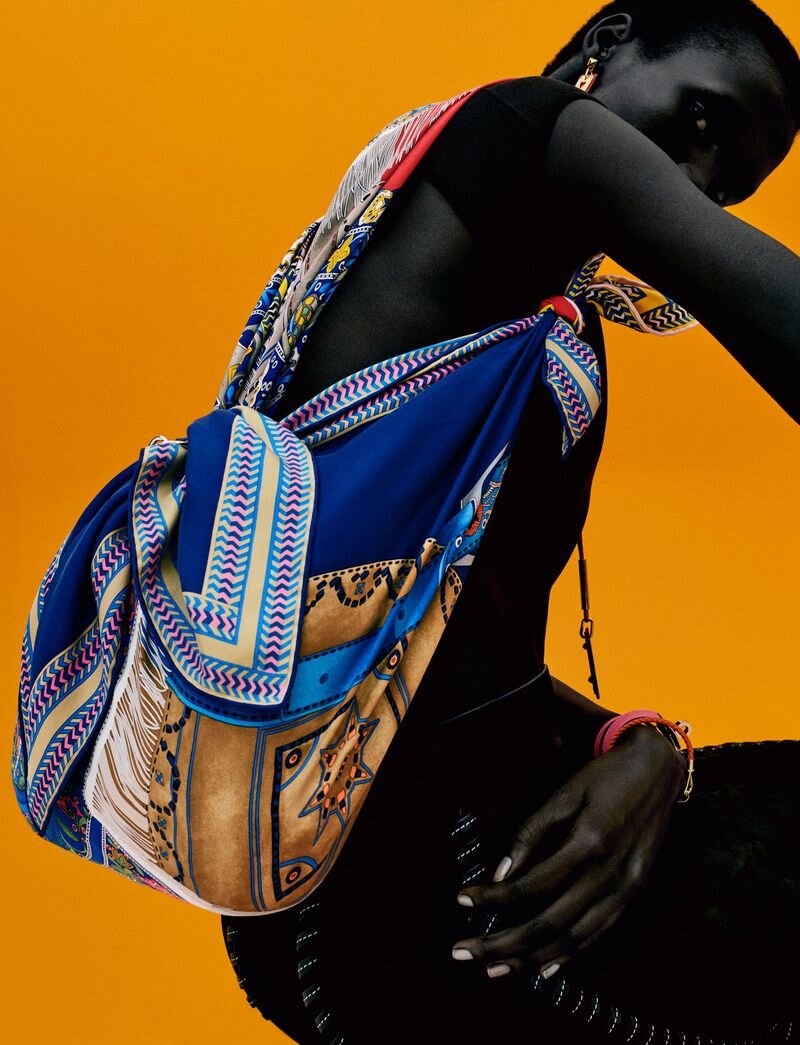Amandla Stenberg, 'Trailblazer' Talks Cultural Appropriation, BLM in Porter Edit
/Actor activist Amandla Stenberg is styled by Karla Welch in ‘Trailblazer’, a fashion story of sleek, modern tailoring with a ruffle or two and a touch of lace.
Photographer Miranda Barnes [IG] captures the looks from Bottega Veneta, Christopher John Rogers, Maximilian Davis, Miguelina, Sindiso Khumalo, Tove, Wales Bonner and more for the February 8 issue of Porter Edit.
Micha Frazer-Carroll zooms in for the interview. AOC’s interest is Stenberg’s extensive comments about her involvement in the Black Lives Matter movement.
About Those Cornrows
Stenberg spent three months during the pandemic at her father’s home in Denmark. a reality prompting her to not want to sound all “the pandemmy’s been so hard”.
Lauded for her teenage activism, Stenberg said five years ago: “There's no way you can go about making any social change before you've worked on consciously undoing the messages you've internalized about yourself and about other people.”
Stenberg’s unwavering critical eye about herself and the lives around her became apparent when a 2015 school project went viral. In the video dedicated to the topic of cultural appropriation and titled ‘Don’t Cash Crop My Cornrows’, Stenberg, complete with asymmetrical bangs, asks the question: “What would America be like if we loved Black people as much as we love Black culture?”
Hers is probably the best narrative on all the nuances of cultural appropriation that AOC has heard. Stenberg’s key point isn’t that you can’t wear cornrows as a white person. But if you do adopt a style symbol so closely associated with Black culture and a way to keep Black hair healthy, then you must regularly support, speak out about and activate (AOC’s word) a larger commitment to undoing the deadly, destructive undoing of white nationalism and racism in America. (All AOC;s words.)
Unfortunately Stenberg’s ‘Don’t Cash Crop My Cornrows’ YouTube video only has 2 + million views, when it deserves 200 million.
Black Lives Matter and Summer 2020
Asked by Frazer-Carroll about her post-George Floyd murder 2020 summer of activism, Stenberg responds:
“It was so challenging to balance needs. There was, like, the need for safety, the need to distance, and then there was also the need to fuck some shit up… But also the need to express rage, frustration and pain. And then the need for community, in order to debrief and decompress.” Stenberg found that sense of community at protests, in mass Zoom meetings and in the friendship and leadership of Patrisse Cullors, the co-founder of Black Lives Matter and the leader of its LA chapter.
Stenberg so appreciated Cullors’ calm demeanor as she balanced demands for activism unleased to push back on the white male, American militarism sanctioning Floyd’s death with this sense of calm. The BLM voice balanced “readiness and a commitment to abolition in a way that’s a lot more sustainable.”
With the degree of clarity that makes this white woman wince, Stenberg tells Porter about Hollywood’s view of the 2020 protests as they concerned production delays for ‘The Hate U Give’. Hollywood honchos indicated their belief that “the film was only going to be relevant for a certain period of time, or that we needed to ‘strike while the iron was hot’. That struck me as a bizarre sentiment, because most people of color can tell that this is not a transient moment. It’s years in the making.”
Once again, Stenberg delivers a searing message with a totally calm, self-assured voice.
Gems of self-knowledge continue to roll from these life-aware lips, as the actor/activist reflects on expanding her wings in other artistic realms. “I started thinking about all the things I’m passionate about and the mental restrictions I place on myself,” she says. “I feel like a lot of those restrictions are to do with imposter syndrome.”
Now THAT is a term worth reflecting on — ‘imposter syndrome’. Stenberg has only ever worked with male producers and recalls creative moments where she’s wanted to try something different, or even a bit embarrassing, but has then felt the male gaze bearing down on her: “It permeates without you even realizing.”
